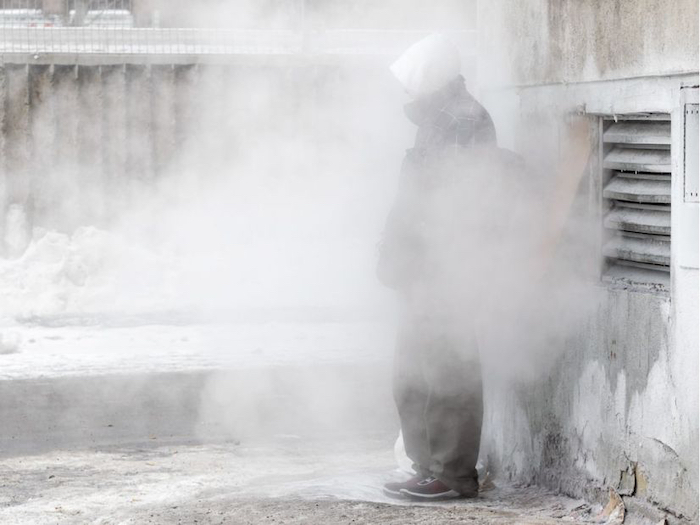Following the death of “Napa” Raphael André, an unhoused individual who froze to death on Jan. 16, Quebec Superior Court Justice Chantal Masse ordered on Jan. 26. that unhoused populations be exempt from the province-wide curfew. In Justice Masse’s decision, which came after much public outcry, she stated that the province-wide curfew is discriminatory towards the unhoused.
Quebec Premier Francois Legault introduced the curfew, which is currently in effect between the hours 8:00 p.m. and 5:00 a.m., as a measure to control a record number of COVID-19 cases in the province. After he ordered the curfew, many individuals online were quick to raise their concerns about how this policy would affect the unhoused.
Sophie Hart, U3 Arts, is the director of Meals for Milton-Parc, a community-based group that supports the unhoused population in the Milton-Parc neighbourhood. In an interview with The McGill Tribune, Hart expressed her disappointment in the inaction and delay from government officials.
“The ways in which we had to fight long and hard for the unhoused […] shows how there is no level of care for people who are unhoused or are vulnerable,” Hart said. “People say that there is no simple solution, and I do believe that this issue has many layers, but to some extent, there are ways […] to minimize damages.”
Hart pointed out the disparity between those items considered essential and non-essential by housed and unhoused individuals. Hart explained that some items deemed non essential may be required by unhoused citizens to survive Montreal’s harsh winter conditions.
“The regulation of essential and non-essential items are created by people who are housed and do not need to think about specific survival aspects that many unhoused people face,” Hart said. “Items such as socks and hand warmers are deemed unessential at stores like Dollarama. In winter, [these items] get wet and ruined very quickly and having access to these items is crucial.”
The Clinique Juridique Itinérante (CJI), through the pro bono work of the law firm Trudel Johnston & Lespérance, represented the unhoused in the court challenge. The CJI is a social justice advocacy group that serves disadvantaged and marginalized groups.
Jeremy Wiener and Anna Gignac-Eddy, 2L Law students, are both volunteers at the CJI. Wiener and Gignac-Eddy reflected on the recent Superior Court decision and explained the curfew’s systemic implications on poverty in an email to the Tribune.
“The curfew contributed to the systemic and long-standing criminalization of poverty and homelessness in Quebec and Canadian society,” Wiener and Gignac-Eddy wrote. “The recent decision brings a wave of relief to the homeless community. [The decision] alone is insufficient. We must do more to protect society’s most vulnerable.”
Contrary to Premier Legault’s claims that “there is enough room available” for the unhoused in Quebec’s shelter infrastructure, shelters throughout the province have experienced notable resource, staff, and room shortages.
Béatrice Genest is a volunteer at Resilience Montreal, a non-profit day shelter that offers food, clean clothes, community support, and temporary housing to those in need. Genest claims that there is a gradual decrease in space available for the unhoused population.
“As it got closer to winter and COVID-19 cases began to rise, the shelter received fewer donations, and less volunteers,” Genest said. “The shelter was also designed to have a natural area where people could stay, but the pandemic changed the dynamic of the shelter and the way everything was organized [….] We had to give food and clothes away at Cabot Square next to the shelter. The square was a popular spot of refuge for the unhoused, but a part of it now is blocked off because the city has installed an ice rink.”









